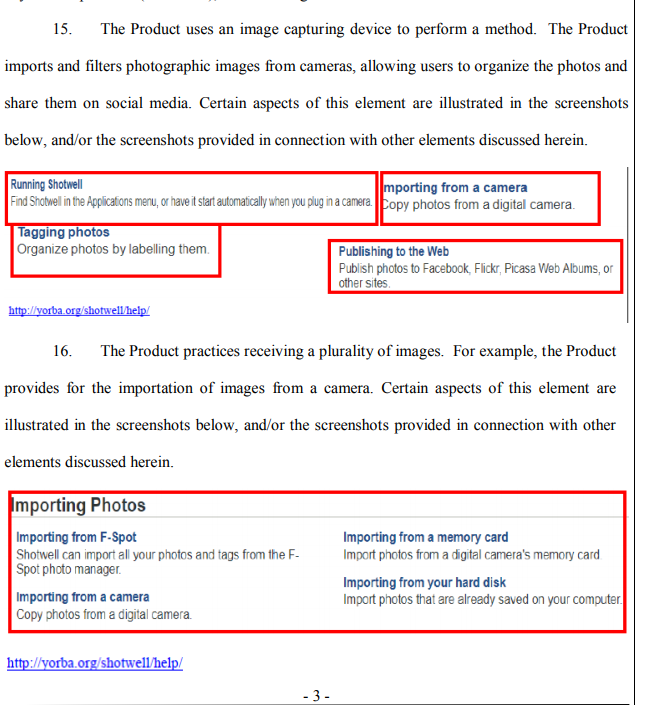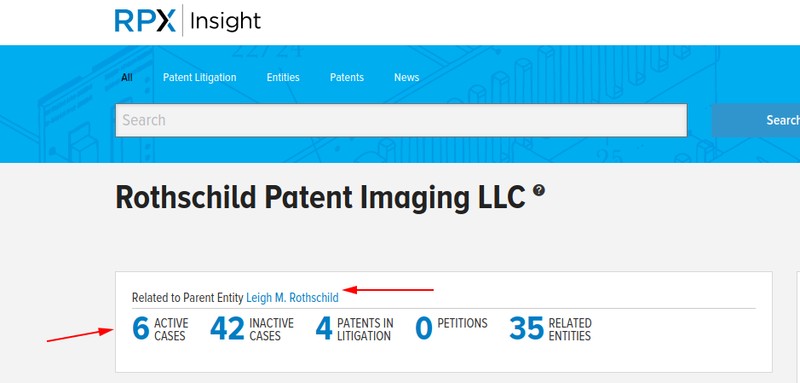Facebook this week finally put into writing what users—especially politically powerful users—have known for years: its community “standards” do not, in fact, apply across the whole community. Speech from politicians is officially exempt from the platform’s fact checking and decency standards, the company has clarified, with a few exceptions.
Facebook communications VP Nick Clegg, himself a former member of the UK Parliament, outlined the policy in a speech and company blog post Tuesday.
Facebook has had a “newsworthiness exemption” to its content guidelines since 2016. That policy was formalized in late October of that year amid a contentious and chaotic US political season and three weeks before the presidential election that would land Donald Trump the White House.
Facebook at the time was uncertain how to handle posts from the Trump campaign, The Wall Street Journal reported. Sources told the paper that Facebook employees were sharply divided over the candidate’s rhetoric about Muslim immigrants and his stated desire for a Muslim travel ban, which several felt were in violation of the service’s hate speech standards. Eventually, the sources said, CEO Mark Zuckerberg weighed in directly and said it would be inappropriate to intervene. Months later, Facebook finally issued its policy.
“We’re going to begin allowing more items that people find newsworthy, significant, or important to the public interest—even if they might otherwise violate our standards,” Facebook wrote at the time.
Clegg’s update says that Facebook by default “will treat speech from politicians as newsworthy content that should, as a general rule, be seen and heard.” Nor will it be subject to fact-checking, as the company does not believe that it is appropriate for it to “referee political debates” or prevent a polician’s speech from both reaching its intended audience and “being subject to public debate and scrutiny.”
YouTube CEO Susan Wojcicki said today that content by politicians would stay up on the video-sharing website even if it violates the company’s standards, echoing a position staked out by Facebook this week.
“When you have a political officer that is making information that is really important for their constituents to see, or for other global leaders to see, that is content that we would leave up because we think it’s important for other people to see,” Wojcicki told an audience at The Atlantic Festival this morning.
Wojcicki said the news media is likely to cover controversial content regardless of whether it’s taken down, giving context to understand it. YouTube is owned by Google.
A YouTube spokesperson later told POLITICO that politicians are not treated differently than other users and must abide by its community guidelines. The company grants exemptions to some political speech if the company considers it to be educational, documentary, scientific, or artistic in nature.Morning Tech
Social media firms have seen their policies for reviewing and removing content come under fire in recent years, particularly when such content endorses hate-filled views or incites real-world violence. The issue is even more prickly when it involves world leaders like President Donald Trump, who has used bullying or violent language in social media posts.
YouTube CEO: Politicians can break our content rules
But what constitutes a politician? Anyone in or running for office? What about public servants? County sherrifs? And who decides which of these groups are exempt? That’s the problem with exceptions, you get to make more and more exceptions until almost everyone is an exception.




